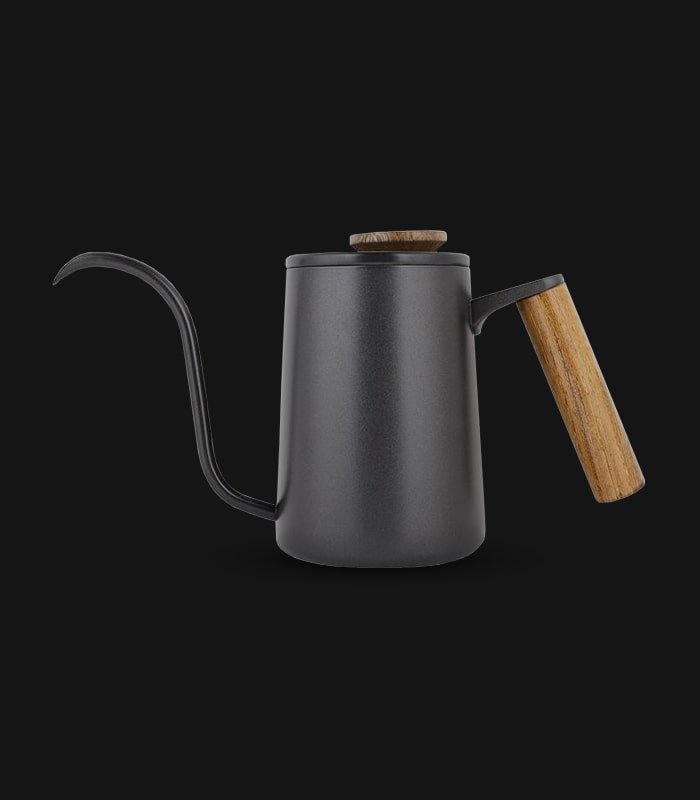Traditional Turkish Crafts and Textiles
Traditional Turkish crafts and textiles represent a significant facet of Turkey’s rich cultural heritage, with their intricate designs and time-honored production techniques. Among the most acclaimed items are Turkish carpets and kilims. Renowned for their detailed patterns and exceptional craftsmanship, these textiles are often made using methods handed down through generations. Skilled artisans employ a combination of hand-knotting, weaving, and natural dyeing techniques to create pieces that are both functional and visually stunning. The resulting carpets often serve as valuable heirlooms that reflect the deep-seated artistry of Turkish culture.
Turkish ceramics also hold a distinguished place within the realm of traditional crafts. Characterized by their vibrant, hand-painted designs, these ceramics are typically adorned with motifs ranging from floral patterns to abstract geometric shapes. The city of İznik, in particular, is famous for its high-quality ceramic tiles that have decorated mosques and palaces since the Ottoman era. These beautiful items continue to captivate collectors and enthusiasts around the world due to their unique aesthetic appeal and historical value.
In addition to carpets and ceramics, Turkish artisans produce a variety of other traditional items such as copperware, glassware, and jewelry. Each region in Turkey contributes its own unique style and specialty, adding to the diversity of these crafts. For instance, the town of Gaziantep is well-known for its exquisite copperware, while the glassblowers of Istanbul create intricate glass products that are highly sought after.
The importance of these traditional crafts extends beyond their historical and cultural significance. In today’s global market, there is a growing appreciation for authentic, handmade Turkish products. International consumers increasingly seek out these items, driven by a desire for unique, high-quality craftsmanship. Artisanal products from Turkey thus not only preserve cultural heritage but also meet contemporary demand, ensuring that these time-honored traditions remain relevant and valued.
Delicacies of Turkish Cuisine
Turkish cuisine is characterized by its rich and diverse array of flavors, drawn from a tapestry of regional influences and centuries-old culinary practices. At the heart of Turkish cooking are staple ingredients such as olive oil, spices, and grains, which contribute to the unique and varied flavors found in traditional dishes. Olive oil, in particular, is a cornerstone of Turkish Mediterranean cuisine, known for its health benefits and versatility in both cooking and salads.
A hallmark of Turkish desserts is the celebrated Turkish delight or lokum. This confectionery, made from sugar and starch, often flavored with rosewater, lemon, or mastic, has a history dating back to the Ottoman Empire. Lokum is cherished for its chewy texture and delicate flavors, making it a sought-after treat both in Turkey and abroad. Another iconic sweet is baklava, a delectable pastry made of layers of filo dough filled with chopped nuts and drenched in syrup or honey. Its preparation is an art form, involving meticulous layering and baking to achieve the perfect balance of crispy and sweet.
In addition to sweets, Turkish beverages hold significant cultural importance. Turkish tea, served in small tulip-shaped glasses without milk, is a ubiquitous part of daily life and social interactions. Turkish coffee, known for its strong flavor and unfiltered brewing method, is more than a drink; it is an experience often accompanied by fortune-telling rituals. Ayran, a refreshing and slightly salty yogurt-based drink, is another staple, especially favored during the hot summer months.
The diversity within Turkish cuisine is also notable. Each region brings its own specialities and techniques, from the seafood-rich dishes of the Aegean coast to the hearty kebabs and mezes of the southeastern provinces. This regional variety ensures that Turkish cuisine offers something for every palate.
Moreover, the health benefits of Turkish Mediterranean ingredients are well-documented. Olive oil, for instance, is rich in monounsaturated fats and antioxidants, promoting heart health. Fresh vegetables, legumes, and lean meats, coupled with a variety of spices, contribute to a balanced and wholesome diet.
For those outside of Turkey, finding authentic Turkish food products might seem daunting. However, many international supermarkets and specialty stores stock these items, or they can be sourced online. Whether it’s Turkish delight, baklava, authentic olive oil, or traditional spices, accessing the rich tapestry of Turkish culinary offerings has never been easier.


























